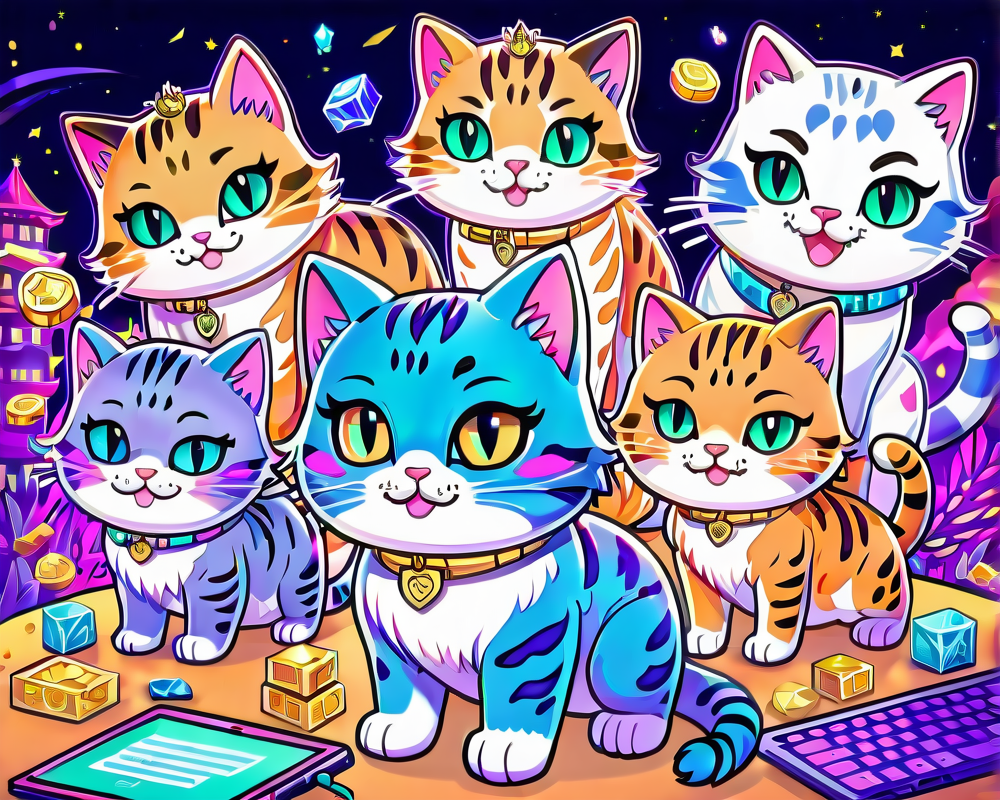FSC’s Bold Declaration
On November 5, the Financial Services Commission (FSC) of South Korea made headlines by stating that non-fungible tokens (NFTs) do not fall under the category of virtual assets. This decision is rooted in a review of the latest guidelines from the Financial Action Task Force (FATF), which suggest NFTs, often seen as digital collectibles, don’t conform to the usual definitions of virtual assets.
Understanding NFT’s Status
The crux of the matter lies in the nature of NFTs themselves. According to the FATF’s report, NFTs are “unique, rather than interchangeable.” This distinction is a big deal—it means while cryptocurrencies like Bitcoin are interchangeable (or fungible, if you will), NFTs are not. They serve more as collector’s items than as currencies, leading the FSC to the logical conclusion: regulate them? Nah.
Market Reactions and Concerns
However, not everyone is rolling out the red carpet for this announcement. Experts and analysts voice concerns about the potential downsides. The Herald Corp has reported overwhelming sentiments regarding the risks of NFT price manipulation and their potential use in money laundering. The catch? Because NFTs aren’t considered virtual assets, issuers might escape the steely clutches of anti-money laundering regulations. And don’t even get started on taxes—while cryptocurrencies will soon be taxed, NFTs will currently enjoy a tax-free regime in South Korea.
Industry Implications
The decision undoubtedly resonates through the broader market. For instance, Dunamu, the parent company of Upbit—one of South Korea’s leading cryptocurrency exchanges—could be popping the champagne. Dunamu is gearing up to dive deep into the NFT sector, particularly through a collaboration with Hybe, the agency behind the global K-pop sensation BTS. With Hybe acquiring a stake in Dunamu and vice versa, the possibilities for NFT collectibles surrounding BTS are endless.
Conclusion: The Road Ahead
As the NFT landscape continues to evolve, South Korea’s regulatory stance poses intriguing questions. Will the absence of regulation allow for creativity and innovation? Or could it enable unethical practices under the radar? Only time will tell, but for now, those invested in the NFT space are sitting pretty, enjoying their collector’s items without the looming concern of government oversight.




